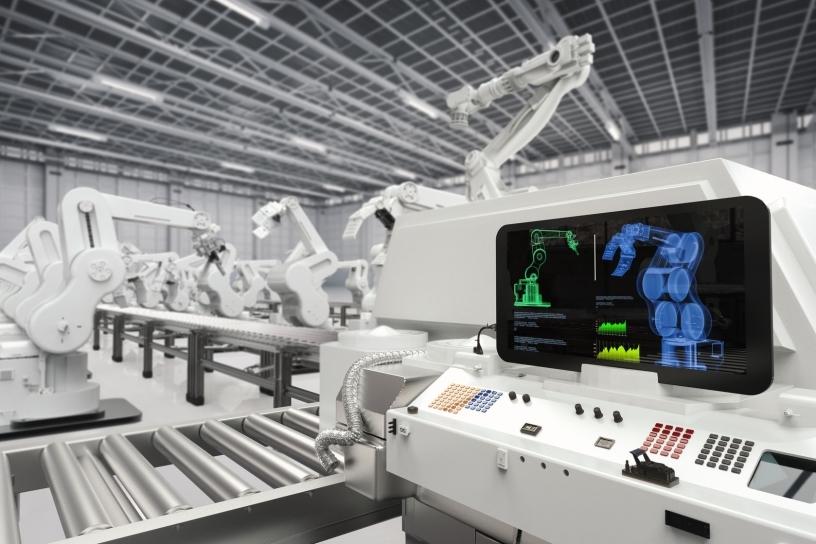
South Africa's already strained job market will come under further pressure over the next 12 months, with CEOs planning to reduce headcount as a result of rapid technology advancements.
Launched at the World Economic Forum in Davos this week, the latest PwC Global CEO Survey shows that while only 18% of CEOs globally expect to reduce their headcount in 2018, the same can't be said for SA.
According to the findings, 41% of CEOs in SA expect to reduce their headcount in the next year. Two-thirds of the executive leaders expressed this is mainly due to automation and other technologies.
Dion Shango, CEO of PwC Southern Africa, believes the connection between technology and talent is a critical area that will determine the future sustainability of many enterprises and economies in the coming years. The reduction in headcount that has been forecast is clearly being impacted by this trend as well.
Shango says new technologies are disrupting industries and pushing organisations to develop new talent strategies. "Organisations need to make sure they are fit for a digital age and that they have the right talent they need in order to survive and thrive in that age as we enter the fourth industrial revolution."
Machine takeover
The PwC survey echoes the results of an Accenture Report, which warns about the role of automation within the South African job market.
According to the study, one in three jobs in SA (5.7 million) is currently at risk of total automation. However, if the country doubles the pace at which its workforce acquires skills relevant for human-machine collaboration, it can reduce the number of jobs at risk from 20% (3.5 million jobs) in 2025 to just 2.5 million.
The report further notes that 35% of all jobs in SA are currently at risk of total automation - meaning machines can perform 75% of the activities that make up these jobs, with both blue- and white-collar jobs being threatened.
The more predictable and repetitive the task's activities, the more likely it is to be replicated by machines and automated, says the study. The jobs of clerks, cashiers, tellers, and construction, mining and maintenance workers all fall into this category, it adds.
"Digital is a growth multiplier. Digital technologies are ushering in a new economic era by overcoming the physical limitations of capital and labour, exposing new sources of value and growth, increasing efficiency and driving competitiveness," notes Roze Phillips, MD of Accenture Consulting in Africa.
"However, for countries like South Africa that are less prepared for human-machine collaboration, digital technologies may bring more job losses than gains."
Cyber threats
While CEOs across the world stated they are more concerned by larger societal issues, the PwC survey shows South African executives are very worried about cyber threats.
According to Shango, many companies remain relatively unprepared to deal with cyber attacks.
"We believe that leaders on boards of companies need to take greater responsibility for building cyber resilience and work with shareholders, boards, executives, governments and other institutions to build greater resilience in this area.
"I think the risk of cyber is something that is here to stay and if you look at the arrival of things like crypto-currency, blockchain and Bitcoin - this is something that will remain topical for years to come."
Skilled workforce
Although technology is culling the existing workforce, Shango believes it's not all doom and gloom as change does create demand for new skills.
PwC believes there should be net job creation and not net job losses from tech, he says.
According to the survey, 90% of local CEOs want to strengthen employees' soft skills, and two-thirds say they have a responsibility to retain and retrain employees whose functions become automated.
"Yes, for most businesses, adopting new technologies is paramount and imperative for survival but CEOs do recognise that the skills challenges that technologies bring to themselves, broader society and their organisations do need more people skilled slightly differently to be ever present in the organisation and ensure you have an optimal relationship between man and machine.
"Reinvent people to ensure they are equipped and trained to play other meaningful roles within the organisation that can keep them employed and therefore ensure those people have the ability to earn a living," he concludes.
Share